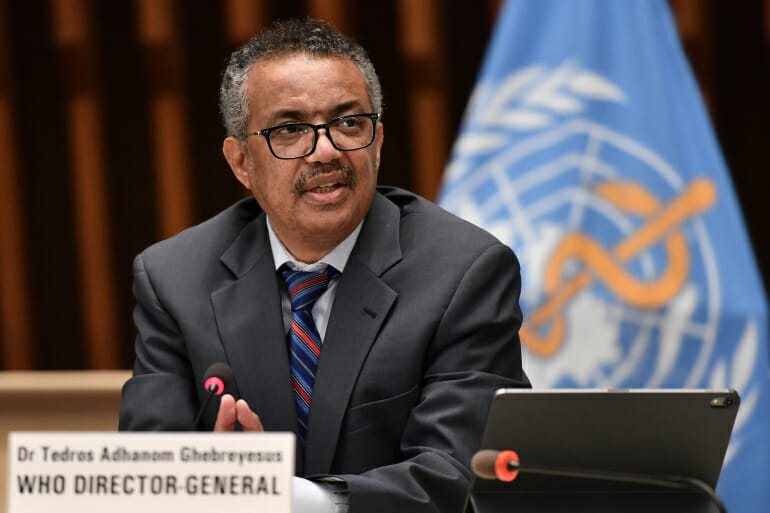The World Health Organization African Region reported 28,000 deaths and 52,000 new cases of childhood cancer in 2020 on Wednesday.
According to the WHO, an estimated 400,000 children worldwide develop cancer each year, with the majority living in low and middle-income countries.
Every year on February 15, the International Childhood Cancer Day is observed to raise awareness and support for children and adolescents suffering from cancer.
The theme for 2023 is ‘Better Survival.’ The theme aims to achieve the WHO Global Childhood Cancer Initiative’s target of at least 60% of children diagnosed with cancer worldwide surviving by 2030.
Cancer affects people of all ages and can occur in any part of the body. It starts with a genetic change in single cells, which then grows into a mass or tumour that invades other parts of the body and causes harm and death if not treated.
The vast majority of childhood cancers do not have a known cause. Even though many studies have sought to identify the causes of childhood cancer, very few cancers in children are caused by environmental or lifestyle factors.
While most children with cancer can be cured, it is a leading cause of death for children due to late presentation, and lack of access to care.
“In Africa, there were 28,000 deaths and 52,000 new cases of childhood cancer in 2020.
“Only 20 per cent of children with cancer in Africa survive for five years after diagnosis, compared to 80 per cent in high-income countries.
“As it is not generally possible to prevent childhood cancer, countries should invest early in detection, effective therapy, and supportive care,” the UN body said on its Twitter handle @WHOAFRO.
To increase survival rates for childhood cancer, the WHO calls for early diagnosis, access and complete treatment, and management of toxicity and relapse.
The agency said “Each year, an estimated 400,000 children and adolescents of 0-19 years old develop cancer. The most common types of childhood cancers include leukemias, brain cancers, lymphomas, and solid tumours, such as neuroblastoma and Wilms tumours.
“In high-income countries, where comprehensive services are generally accessible, more than 80 per cent of children with cancer are cured. In low- and middle-income countries, less than 30 per cent are cured.
“Only 29 per cent of low-income countries report that cancer medicines are generally available to their populations compared to 96 per cent of high-income countries.
“Childhood cancer data systems are needed to drive continuous improvements in the quality of care, and to inform policy decisions.”
It added that most childhood cancers can be cured with generic medicines and other forms of treatment, including surgery and radiotherapy.
